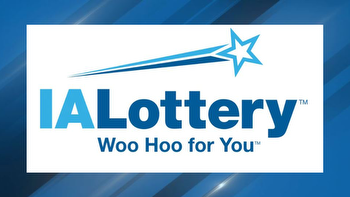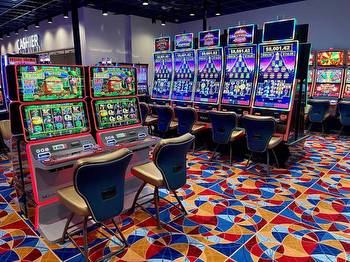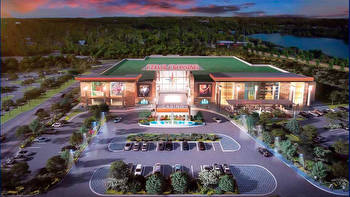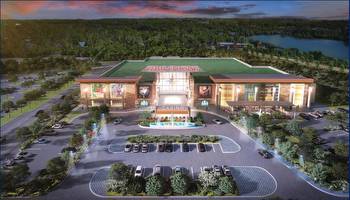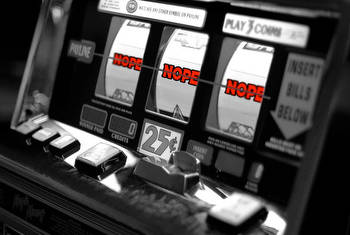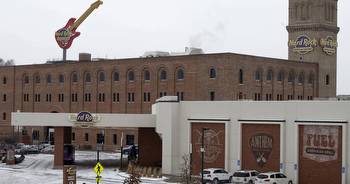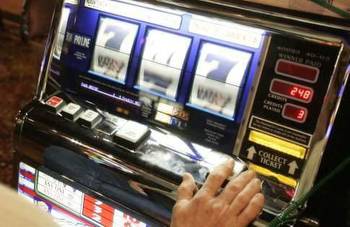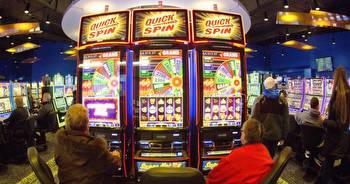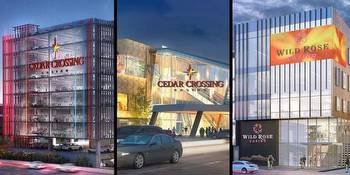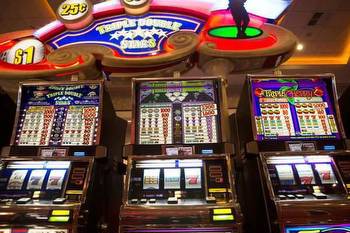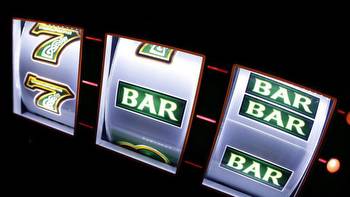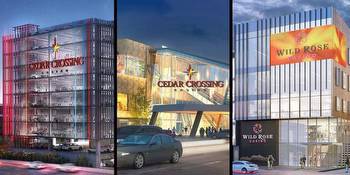Cedar Rapids casino could help Iowa offset gaming industry losses as neighboring states expand gambl
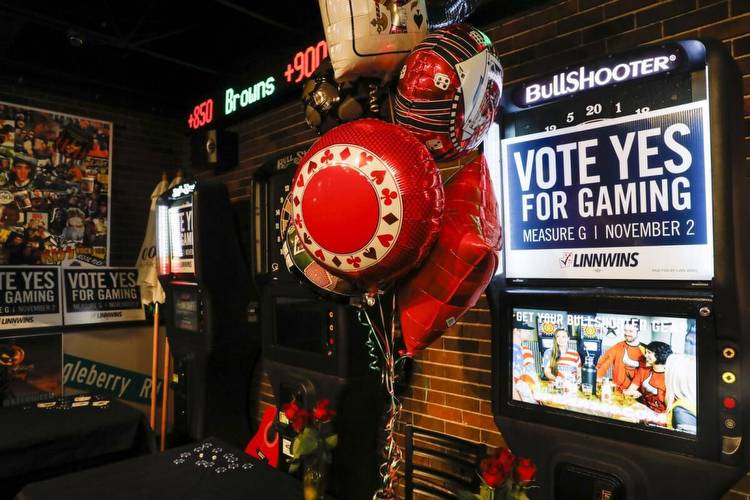
ALTOONA — New market studies commissioned by the panel that regulates Iowa gaming facilities show Nebraska’s plans to build casinos along Iowa’s western border will eat into industry revenue in this state — which Cedar Rapids officials hope will finally lead to regulators approving a casino in Iowa’s second-largest city.
However, one report particularly points to “cannibalization” of the market that encompasses the casinos in Waterloo and Riverside. That’s why Cedar Rapids has been denied licenses by the Iowa Racing and Gaming Commission, both in 2014 and 2017.
Cedar Rapids officials say the city remains poised to compete for a license to operate a casino, though, as an apparent solution for Iowa to stave off competition from recently-approved gaming at Nebraska’s six horse tracks. As voters in November again passed the gaming referendum in Linn County, Cedar Rapids now has the ability to seek a license in perpetuity from the state commission.
Spectrum Gaming Group and Innovation Group presented findings from their studies to the commission at its Thursday meeting in Altoona. The reports warned of increased competition from neighboring states as expansions underway in Nebraska and Illinois, and a new casino will soon open in Beloit, Wis.
One study projected Iowa gaming revenue will fall by $183 million annually, while another projected it could drop by $256 million as the result of increased competition from neighboring states.
At the same time, the Innovation Group study showed a Cedar Rapids casino would take $61 million from existing casinos in the same market, but would provide a net commercial gaming revenue gain to the state of $51 million.
“Knowing that the commissioners have an eye on competition, looking at these numbers that have improved so greatly since the last time, I have to ask, if conditions aren't right right now, I'm not sure when they would be,” Cedar Rapids Mayor Tiffany O’Donnell said in an interview at the Prairie Meadows Casino, Racetrack and Hotel.
“The time is now,” City Manager Jeff Pomeranz agreed.
Commission members were interested in understanding the potential for a casino in Linn County to oversaturate the market and “cannibalize” nearby casinos, but otherwise gave little indication as to where they stood.
Brian Ohorilko, administrator of the commission, said incremental revenue to the state is something that past commissions have considered in awarding a license, but it is just one factor.
The Spectrum Group study stated Cedar Rapids was “well served” by the Waterloo and Riverside casinos. A representative said the group did not have data about how many residents from a certain ZIP code visited the casinos, but “you simply have to look at the map” to see where people were coming from.
The Innovation Group study projected a Cedar Rapids casino would have a 76 percent overlap with casinos within a 45-minute drive, but Ohorilko said this was less of a “cannibalizing” impact than the 2014 and 2017 studies showed.
Pomeranz said Cedar Rapids’ proposal will be a competitive one. The revenue it generates will “be needed for gaming to stay strong in the state,” he said.
“It's so much more than gaming,” Pomeranz said. “It's a quality of life amenity and initiative that is going to be a true benefit. I think it's going to be very well-received by our community, as well as our business and our visitors.”
Specifically, he said the venue would contain multiple bars, restaurants and different types of entertainment in addition to gaming. The location remains undecided, but the city is prioritizing bringing a casino, if ever approved, downtown.
If the commission does have an application to consider, Ohorilko said the panel could get additional information regarding the markets based on the number of slot machines or table games or amenities the facility would have.
The studies also assessed the socioeconomic impact of casinos on their communities, looking at factors such as rates of crime, child abuse, single-parent families and public assistance. Counties with casinos saw higher rates of these.
Despite not having a casino, Cedar Rapids ranked 15th in the state for its gaming population.
“From the studies, we know that Cedar Rapidians are gambling,” O’Donnell said. “They are going to these other cities and gambling, and if we look at the numbers, we know there are those who may have challenges when they get back. They just don't have the benefits of the funding and the support that those living in the casino communities get.”
Cedar Rapids casino partners have committed to contributing 8 percent of revenue to area nonprofits, which O’Donnell said would provide support on many fronts, including to those who may have gambling addiction challenges. For instance, the Spectrum study showed that while more residents of casino counties have typically sought help from Iowa Problem Gaming Services, 264 of every 100,000 Linn County residents has contacted the service. That is higher than the larger Polk County.
As Cedar Rapids braces to fight for a casino, old opponents are resurfacing to make a case against a Linn County gaming facility.
With the latest studies, Dan Kehl, chief executive officer of Elite Casino Resorts, which operates the casino in Riverside among others, said in a statement the industry needs to find ways to bolster border casinos. He also hammered on the findings that a Cedar Rapids casino would eat into nearby casino revenue.
“It’s like de ja vu all over again,” Kehl said. “The commission has studied this issue diligently. But the fact is, a Cedar Rapids casino comes primarily at the expense of Riverside, Waterloo and Meskwaki. We’ve invested heavily in our properties to make them attractive to our guests.”








